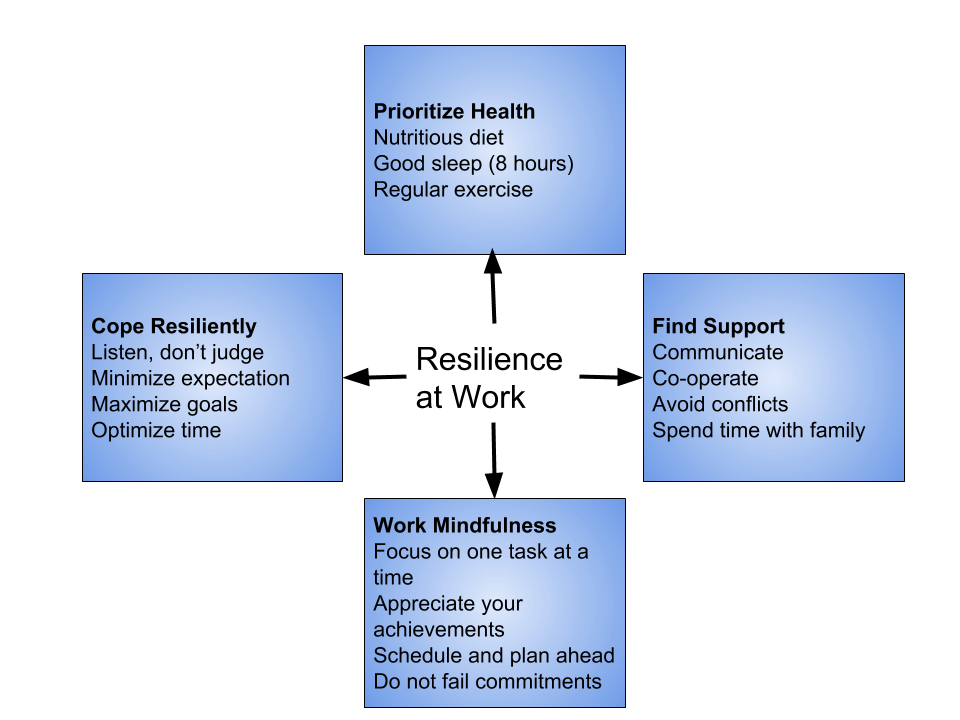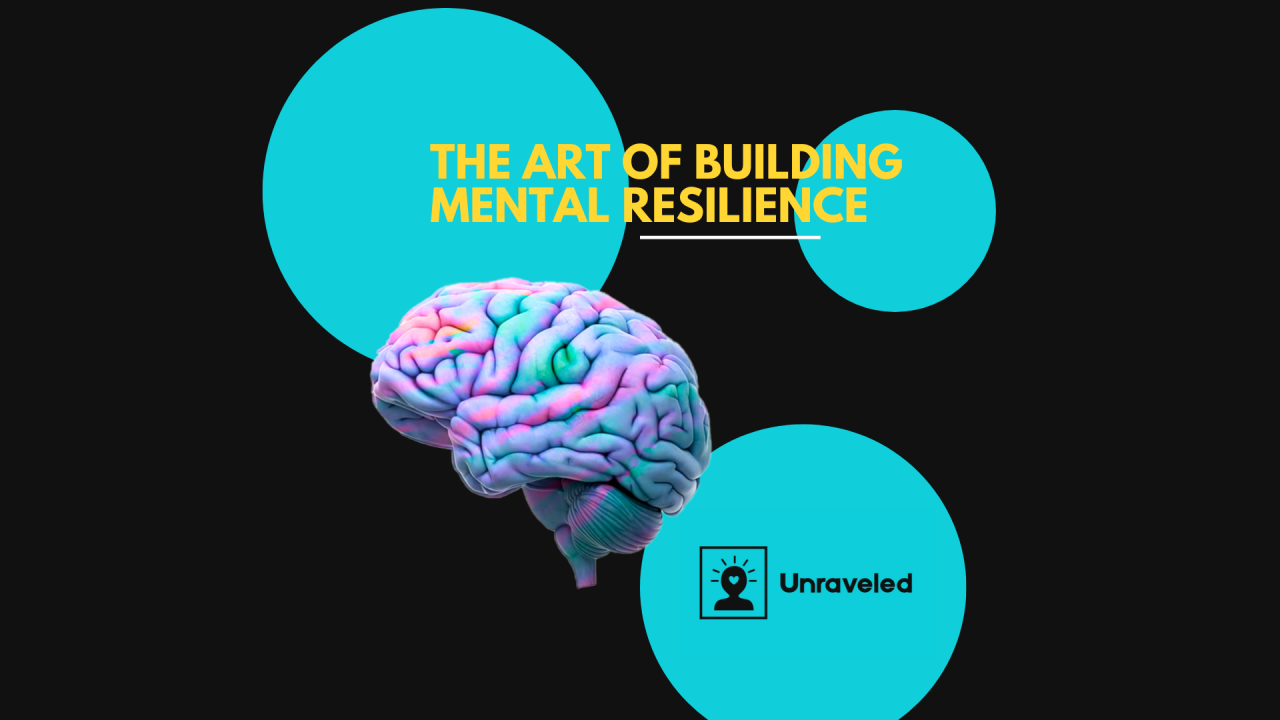
Boosting Cognitive Resilience: Strategies for Mental Strength
Understanding Cognitive Resilience
Cognitive resilience refers to the ability to bounce back from life’s challenges, adapt to adversity, and maintain mental well-being. In a fast-paced world, cultivating cognitive resilience is crucial for navigating stress and uncertainties. Let’s explore effective strategies to enhance your cognitive resilience and promote mental strength.
1. Mindfulness Meditation: Centering the Mind
Practicing mindfulness meditation is a powerful way to build cognitive resilience. It involves bringing attention to the present moment without judgment. Regular mindfulness sessions can reduce stress, enhance focus, and contribute to overall mental well-being. Allocating a few minutes each day to mindfulness can have a profound impact on your cognitive resilience.
2. Positive Affirmations: Shaping a Positive Mindset
Positive affirmations are statements that promote a positive mindset and challenge negative thoughts. Incorporating these into your daily routine can help rewire your brain for resilience. Start your day with affirmations that inspire confidence and optimism. Repeat them consistently to reinforce a positive mental outlook, fostering resilience in the face of challenges.
3. Continuous Learning: Stimulating the Brain
Engaging in continuous learning activities stimulates the brain and contributes to cognitive resilience. Whether it’s acquiring a new skill, taking up a hobby, or pursuing further education, the process of learning helps create new neural connections. This mental flexibility enhances your ability to adapt to changing circumstances, a key aspect of cognitive resilience.
4. Social Connections: Building a Support System
Maintaining strong social connections is essential for cognitive resilience. A robust support system provides a buffer against stress and adversity. Nurture relationships with friends, family, and peers. Share experiences, seek advice, and offer support. Social interactions not only provide emotional support but also stimulate the brain, contributing to cognitive well-being.
5. Physical Exercise: Nourishing the Mind-Body Connection
Regular physical exercise not only benefits your physical health but also plays a crucial role in cognitive resilience. Exercise releases endorphins, which act as natural stress relievers. Additionally, physical activity enhances cognitive function and promotes better sleep, both of which are vital for building mental resilience.
6. Goal Setting: Focusing on Purpose
Setting and working towards achievable goals provides a sense of purpose and direction. This focus can enhance cognitive resilience by giving you a roadmap during challenging times. Break down larger goals into smaller, manageable tasks. Celebrate small victories along the way, reinforcing your ability to overcome obstacles and adapt.
Cognitive Resilience Tips: A Comprehensive Resource
For more in-depth insights and practical tips on enhancing cognitive resilience, explore Cognitive Resilience Tips. This comprehensive resource offers valuable guidance to empower your mental strength and navigate life’s challenges effectively.
7. Emotional Regulation: Managing Responses
Cognitive resilience involves the ability to regulate emotions effectively. Practice recognizing and understanding your emotions without being overwhelmed by them. Techniques such as deep breathing, journaling, or seeking professional guidance can help you manage emotional responses and foster resilience.
8. Time Management: Balancing Priorities
Effective time management is a key component of cognitive resilience. Prioritize tasks, set realistic deadlines, and avoid overcommitting. Balancing work, leisure, and self-care helps prevent burnout and ensures that you have the mental bandwidth to handle challenges when they arise.
9. Adaptability: Embracing Change
Cognitive resilience thrives on adaptability. Cultivate a mindset that views challenges as opportunities for growth. Embrace change as a natural part of life, and focus on finding solutions rather than dwelling on problems. Developing adaptability enhances your ability to navigate uncertainty with grace.
10. Gratitude Practices: Fostering Positivity
Cultivating a sense of gratitude can significantly contribute to cognitive resilience. Regularly expressing gratitude for the positive aspects of your life can shift your perspective and build a foundation of positivity. Whether through journaling or daily reflections, incorporating gratitude practices into your routine can enhance your mental resilience.
In conclusion, building cognitive resilience is a proactive and ongoing process. By incorporating these strategies into your daily life, you can strengthen your mental fortitude and face life’s challenges with a resilient mindset. Visit Cognitive Resilience Tips for further guidance and resources on nurturing your cognitive resilience.


